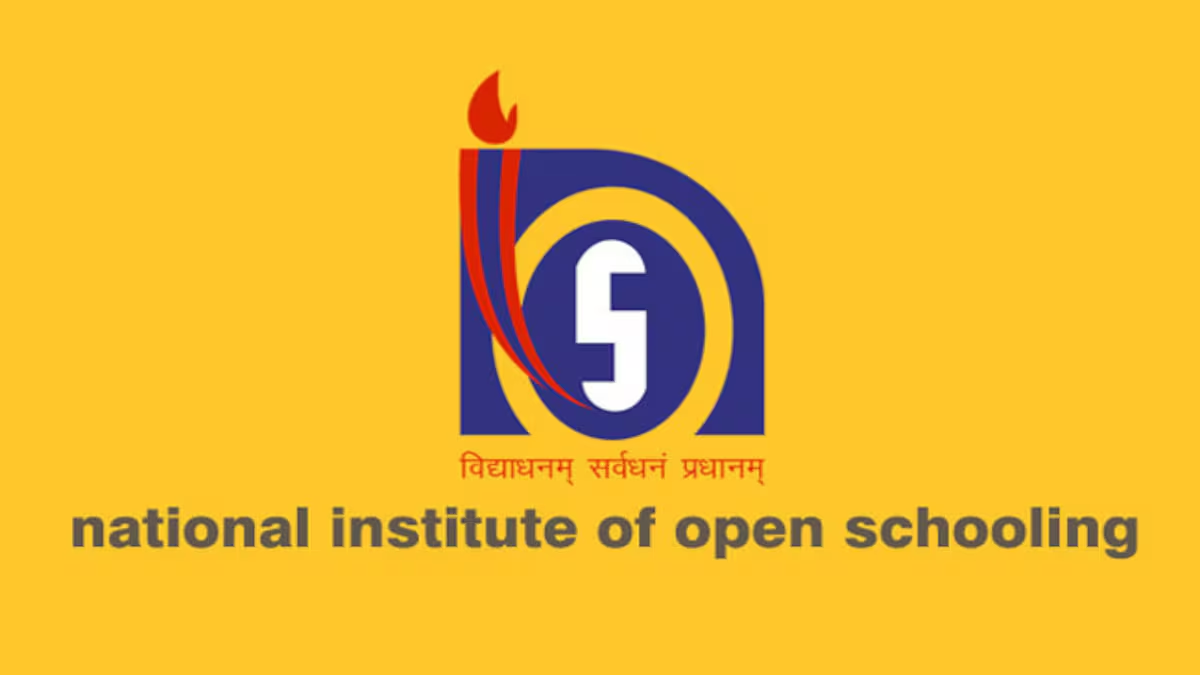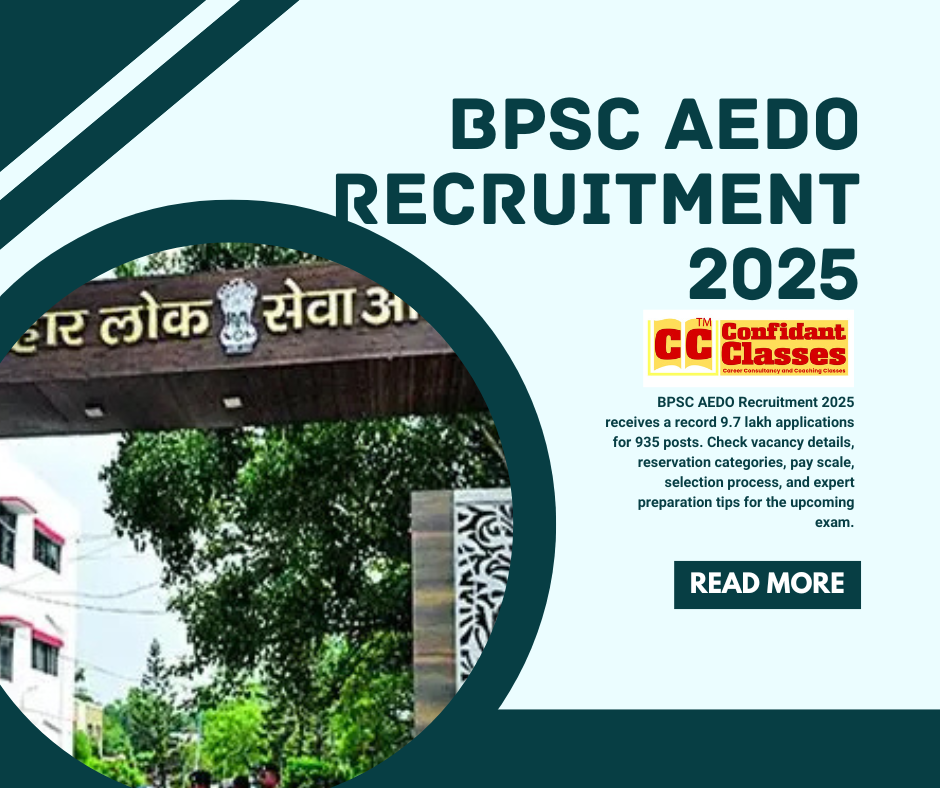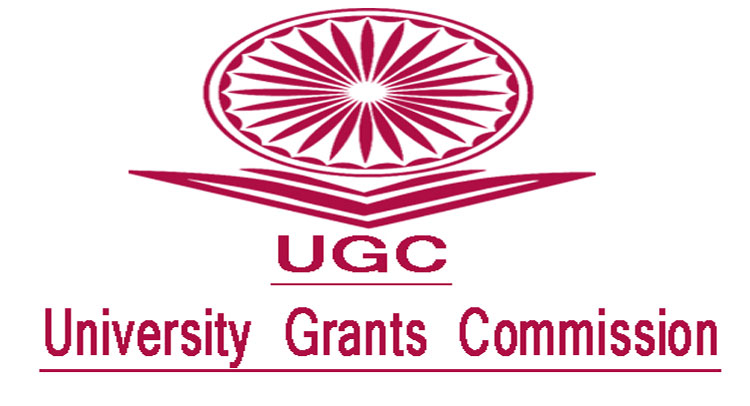Less than a year after the removal of Section 370, the event was included in the recently revised National Council for Educational Research and Training Class 12 Political Science textbook, while a section on different types of separatist politics in Jammu and Kashmir.

- The Central Board for Secondary Education has also released additional material for the 12th class political science curriculum this year, including a section claiming that the Modi government has driven a shift from caste-based politics and religion development-oriented policy and governance, including sections on Niti Aayog, Deen Dayal Upadhyay and Sardar Patel and updates to a section on India’s nuclear policy.
- The revised version of “India’s politics since independence”, the one of the NCERT texts for grade 12, has a reprint date of February 2020, although it was only available on the NCERT site this week, and most political science teachers have yet to see the book.
J&K Governments
In a chapter on “regional aspirations”, a section titled “2002 and beyond” has been added. It presents the history of coalition governments in Jammu and Kashmir between 2002 and 2014, the death of Mufti Mohammed Sayeed and his daughter became the first woman to serve as Prime Minister of the State. “During Mahbooba Mufti’s tenure, major acts of terrorism were observed, with increasing external and internal tensions” , adding that the presidential government took over in June 2018 after the BJP withdrew its support to the mufti government.
“On August 5, 2019, Article 370 was abolished by the Jammu and Kashmir Reorganization Act of 2019 and the State was incorporated in two Union Territories, namely Jammu and Kashmir and Ladakh”
says the new textbook.
- Jammu and Kashmir and Ladakh are living examples of a plural society in India.
- Not only are there diversities of all kinds (religious, cultural, linguistic, ethnic and tribal), but there are also divergent political and development aspirations, which were sought with the latest law.
- Section 370 created the separatist mentality: Center
- The previous version of the book contained a section on “Separatism and Beyond”, which has now been deleted.
- They had presented different lines of separatist policy in Kashmir since 1989, including those who wanted a nation separate from Kashmir, those who wanted Kashmir to merge with Pakistan, those who wanted greater autonomy within the Indian Union and requests for intra-state autonomy from the Regions of Jammu and Ladakh.
CBSE Reduced Program
- NCERT textbooks are used by school boards in at least 12 states and union territories, in addition to the CBSE.
- However, the 30% reduction in the CBSE curriculum due to the coronavirus (COVID-19) means that this whole chapter on ‘regional aspirations’, including the revised sections of Kashmir, will not be taught this year.
- However, students in Class 12 of CBSE also received additions to their political science curriculum through material intended to supplement the NCERT textbook. This includes a section on Kashmir.
- CBSE will launch a reduced program in a month
“It is against this particular condition of the State of Jammu and Kashmir that political circles have called for the repeal of articles 370 and 35A with the dissemination of the principle ‘Ek Vidhan, Ek Nishan, Ek Pradhan’ in reference to a constitution, flag and head of state / government respectively, others equate Articles 370 and 35A with “constitutionally recognized separatism,” it said, adding that the bill for the Abolition of Section 370 was presented to Parliament by the BJP-led NDA government, which was showing its commitment to Kashmir’s integration into India, part of its electoral manifesto.
- CBSE students will also learn Niti Aayog, as well as NDA III and IV.
- “A major change in Indian politics after 2014 is the shift from politics based on caste and religion to politics oriented towards development and governance.
- With its supposed goal of Sabka Saath, Sabka Vikas, the NDA III government has launched various socio-economic social protection programs to make development and governance accessible to the masses, ”it said.
- “The success of these programs could be seen in the results of the 2019 Lok Sabha elections, where voters in all states (castes, classes, communities, gender and regions) reoccupied development and governance issues at the center.from the scene under the government-led BJP NDA, which characterizes the current change “Sabka Saath, Sabka Vikas and Sabka Vishwas”.
Nuclear policy
- The section on India’s nuclear policy has also got some additional material, which reads, “But in view of contemporary regional security challenges, the present government led by Prime Minister Narendra Modi has made it clear that the policy of no first use can be reviewed and changed in accordance with India’s regional and national security.”
- Other additional material which CBSE students will learn this year includes sections on “Patel and National Integration”, “Jay Prakash Narayan and Total Revolution”, “Deendayal Upadhyay and Integral Humanism”, and “Ram Manohar Lohia and Socialism”.














I don’t think the title of your article matches the content lol. Just kidding, mainly because I had some doubts after reading the article.